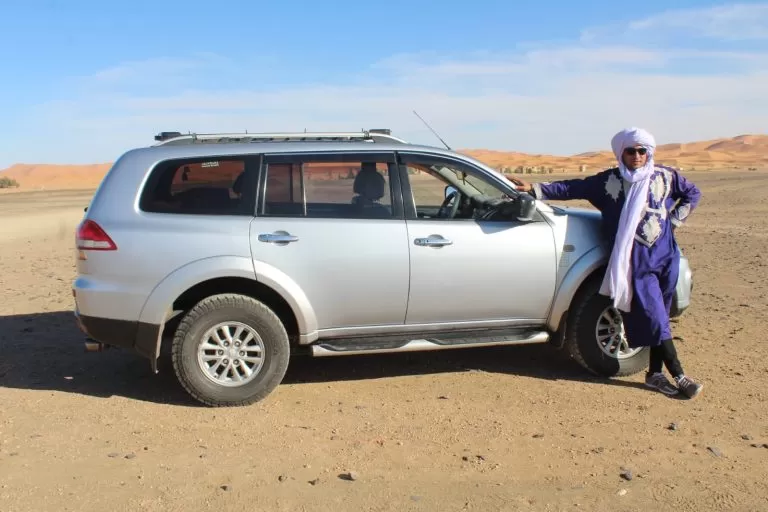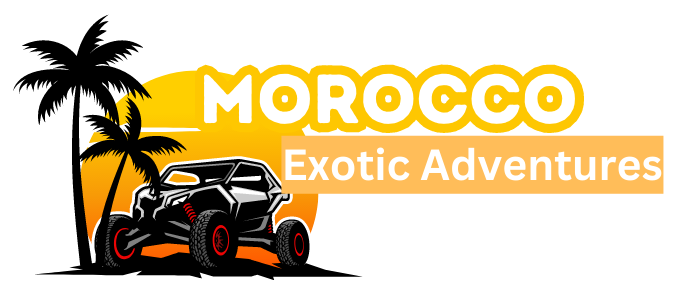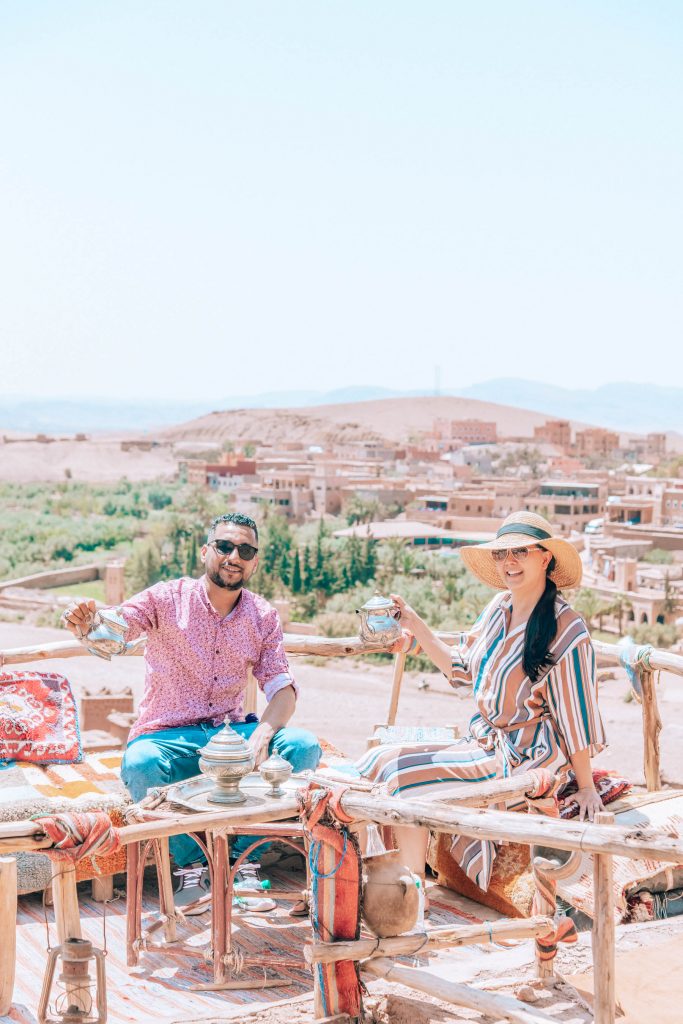Morocco tailor made private Tours and Customized adventure trip
How To Apply?
Being spontaneous is of course a great quality, but coming to Morocco without an attempt of finding out about the essence of the country will leave you missing so much…
Not only it will ease out the transition from one culture to the other but it will give you a chance of noticing and experiencing things you wouldn’t think of.
I don’t mean you have to now slave over a history book or dozens of travel guides, but getting your mindset ready using a couple of resources will make your trip a lot more pleasurable and satisfactory.
The truth is, there are hunders and hundreds of resources out there – I bet you can just grab a guide at your local bookstore or google the related terms and you will be fine, but there is so much more to explore. Check out the links to books, videos, podcasts, guides and maps below. I hope you will find one or two things that will resonate with you and inspire you to dig deeper. After all, you are coming to this magical place in the world, that – just like magic – reveals and hides it’s treasures at the liking..:)

Make sure your travel documents – passports and/or passport cards – have at least six months validity. Check the Travel Advisory for your destination here.
- you need a visa
- you have enough blank pages in your passport for entry stamps
- your passport needs to be valid six beyond the end of your trip
Tourism in Morocco is well developed, with a strong tourist industry focused on the country’s coast, culture, and history. Morocco has been one of the most politically stable countries in North Africa, which has allowed tourism to develop. The Moroccan government created a Ministry of Tourism in 1985. Tourism is considered as one of the main foreign exchange sources in Morocco and the country was Africa’s top tourist destination of 2018.
Well…this is always a tricky part.:) We know that communication can be challenging even in our own language and cultural context, so let me give you a hint or two. There are two ways to communicate, both in Morocco and in general and that is verbal and non-verbal. We know that both are equally important when you enter a realm that is new to you.
“There are a number of languages of Morocco. The two official languages are Modern Standard Arabic and Amazigh (Berber). Moroccan Arabic (known as Darija) is the spoken native vernacular (native language or dialect). The languages of prestige in Morocco are Arabic in its Classical and Modern Standard Forms and French, the latter of which serves as a second language for many Moroccans. According to a 2000–2002 survey done by Moha Ennaji, author of Multilingualism, Cultural Identity, and Education in Morocco, “there is a general agreement that Standard Arabic, Moroccan Arabic, and Berber are the national languages.” Ennaji also concluded that ‘This survey confirms the idea that multilingualism in Morocco is a vivid sociolinguistic phenomenon, which is favoured by many people’.
There are around 12 million Berber speakers in Morocco, representing more than a fourth but less than a third of the population. French retains a major place in Morocco, as it is taught universally and serves as Morocco’s primary language of commerce and economics, culture, sciences and medicine; it is also widely used in education and government. Morocco is a member of the Francophonie.” – Wikipedia
There are of course many more languages, but what you really need is few words in Arabic and French. You can have a good chance in trying English as well, but this is much likely in more touristic places, big cities, medinas, hotels. If you are more of a “outskirts, villages and nature” kind of traveller, then be advised that French and Arabic are the only choices.




